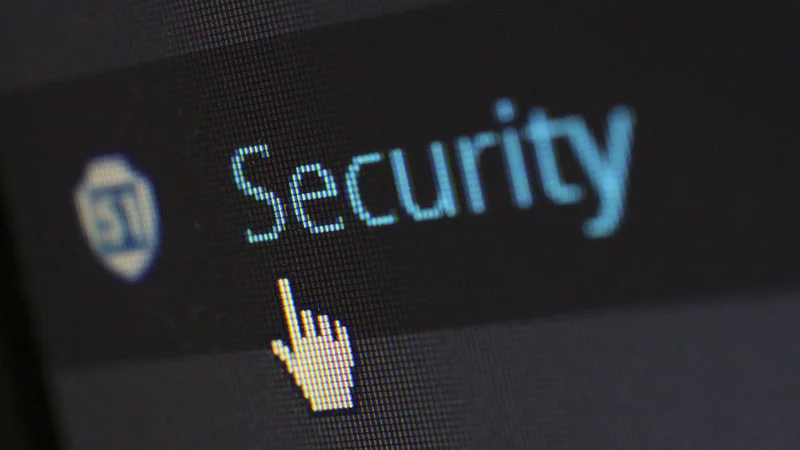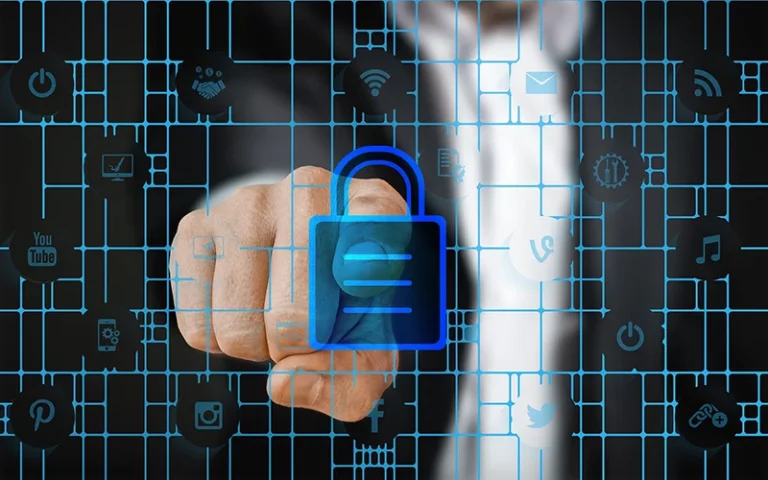5 Simple Ways to Protect Your Privacy Online
5 Simple Ways to Protect Your Privacy Online
It’s often difficult to think that you can control the amount of data websites and companies collect about you. Massive data breaches occur almost bi-weekly. Marketers are practically stalking you on Facebook. And actual stalkers are going through everyone’s social media. So protect your privacy online in right way.
It’s the internet, after all. No one has control over what information others collect via spying, cookies, and other trackers.
The truth, though, is that it would be the wrong way to think about it. Because it is possible to control how much information someone exposes about themselves over the internet. Check out these 5 easy-to-implement steps that anyone can do right now to increase their online privacy by leaps and bounds.
1. Switch to a Private Browser and/or Search Engine
Mainstream browsers like Safari and Chrome allow a long list of trackers that watch people’s every move online. Not only do they use trackers themselves, but they also let websites and advertisers track people too. They know what people search for, which websites they visit, and what they do on those websites. Moreover, they collect personal information (like gender, age, and interests) for targeted ads.
Private browsers are the solution to this problem. There are a lot of private browsers out there with neat features and user-friendly experiences on par with Chrome or Safari. The mark of a private browser is that it blocks invasive trackers and scripts. Many private browsers will also have other privacy features.
Great options to look at include Brave, Chromium, Tor, and Waterfox. These browsers still support popular search engines like Google and Bing. Although it is possible to switch to a good private search engine, such as DuckDuckGo, as well.
2. Get Even More Privacy With a VPN Service
One of the biggest problems with online privacy is that every device has an IP address. This IP address is unique to every network and provides information on where it’s located.
It’s also what trackers use to identify people, by building a digital profile of them with the IP address as their “reference”. So it’s not hard to see why this is a problem for anyone who wants a little more anonymity online.
Luckily, VPN services exist, and they’re perfect for getting rid of those pesky IP address trackers. These will work both for browsing the internet and torrenting. A VPN also creates a more anonymous connection by encrypting it and sending the connection through one of their servers. The IP address of that server then replaces the user’s address. It means everyone who connects to that server will show the same address.
Take a look through the various VPN services available (there are a lot of them) and choose one that’s dependable and budget-friendly. Never go for the free ones — they often track and sell users’ data.
3. Review Social Media Settings
Privacy and social media don’t exactly go together. But there are ways to limit what others can see, and what data companies can collect. The obvious first step is to reconsider what you share on social media profiles, both as posts and settings-wise.
Most social media platforms, such as Facebook, Twitter, and Instagram, allow private profiles. It means people can set their profiles so that only friends or approved followers can see them. Sure, not oversharing on social media is also essential. But using these settings is vital to avoid creepy or even dangerous stalkers.
Privacy settings also cover information that third-parties can gather about someone. Many social media platforms sell data to third-party companies and advertising agencies. You can avoid intrusive data-gathering by turning off any related settings.
4. Review App and Extension Permissions
Smartphone apps usually request permission to access the camera, microphone, location, contacts, files, or all of the above. The app sometimes needs these requests to function, and it won’t work without them. For instance, navigation needs access to Geo location. Don’t expect it to work if you don’t grant it.
But sketchy apps could request permissions that they don’t need. Instead, they use access to spy on the user, gather data to sell, or spread malware. So always review app permissions before accepting them. The same goes for installing browser extensions.
5. Use a Tool to Encrypt Emails and Messages
End-to-end encryption is important for both messaging apps and emails. Only the intended recipient can decrypt encrypted messages. So no one can see what’s being sent, even if they steal it while in transit.
Some messengers, like WhatsApp, already come with end-to-end encryption. But there are tools for those apps that don’t support it by default.
Conclusion
Online privacy isn’t some hard-to-achieve mythical thing. It’s pretty easy to have more privacy while surfing the web. You only need a little bit of planning and action.
Of course, there’s no such thing as total anonymity online if someone is determined enough. But these quick and easy solutions will deter most would-be spies and boost your privacy for sure.
You can share my article on Social Media 🙂








not every device has an IP address, every device has a mac address, but every connection has an IP address, for example, if I log in at home through different computers, they will have the same IP address, different mac addresses. Though with NordVPN or any other VPN service, you can change the IP address to their own, by sending your traffic through their server – thus changing that IP address to that servers!